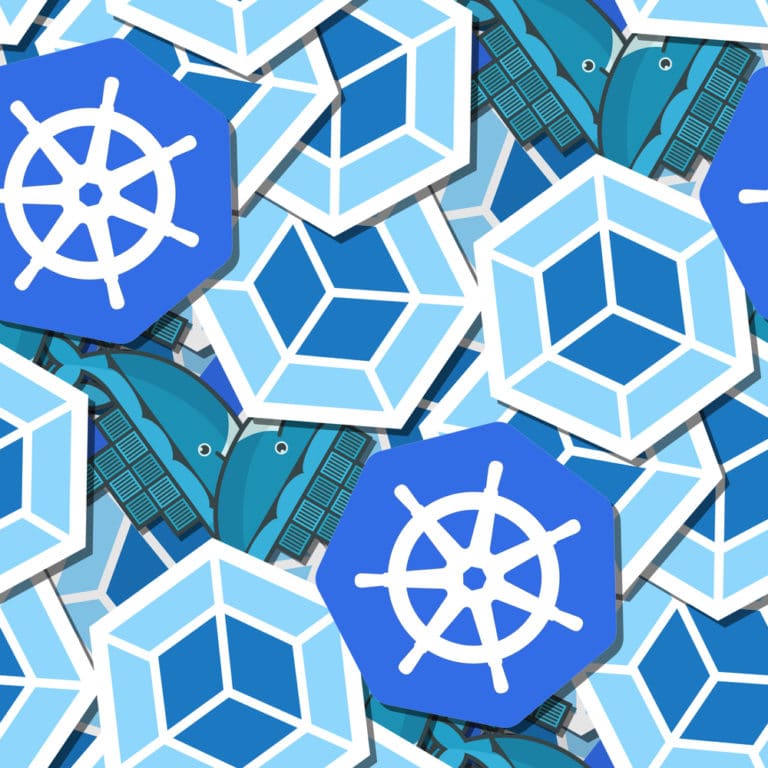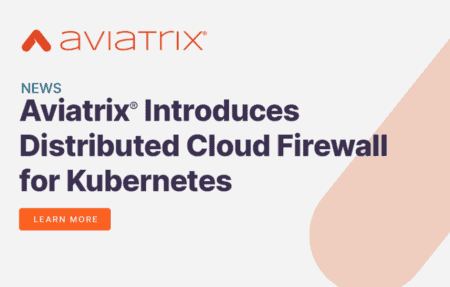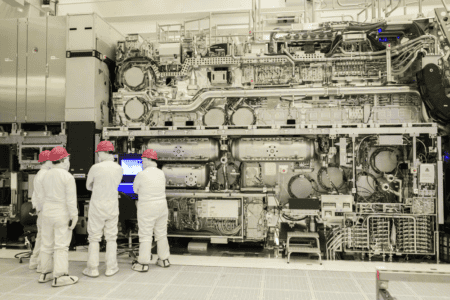The latest release of Kubernetes is forthcoming. Version 1.23 brings new functionality to make the platform more mature, secure and scalable.
In total, Kubernetes gets 45 new features. The improvements focus on the Kubernetes API, containers and infrastructure, storage, networking and security. The update should make the container platform more mature, allowing it to maintain its leading position in the area of container orchestration. Especially since version 1.23 gives the platform more speed and is thus ready for future developments.
Functionality
In terms of the Kubernetes API, three changes have been made. An alpha version introduces the kubectl event command. Among other things, the command is useful for seeing all events in relation to a specific resource, watching for events in a cluster, and filtering events based on status and type in a specific namespace.
Also, the Horizontal Pod Autoscaler (HPA) API, previously in beta, is now generally available. This API automatically scales the number of pods based on metrics and is important for improving the scalability of Kubernetes.
Another change for the Kubernetes API is the addition of CustomResourceDefinition (CRD). This is a robust abstraction layer for extending Kubernetes and allows the platform to work with all possible custom resources.
Version 1.23 also comes with two new types of containers. These are ‘ephemeral’ containers and Windows privileged containers. Ephemeral containers are designed for keeping an eye on the status of other pods, troubleshooting and debugging. The containers also feature a new CLI command, kubectl debug, which should make troubleshooting containers easier.
Privileged containers are strong container instances that can use host resources in a manner similar to a process running directly on the host. This makes the containers useful for managing host instances. As such, it is often used in Linux containers, for example.
Version 1.23 now adds these types of privileged containers for Windows and host networking mode in beta. It benefits developers working with Windows nodes in clusters.
Storage, networking and security
On the storage front, a change has been made in the upcoming version of the Kubernetes platform. Developers can now determine how permissions and ownership are arranged during the mounting of storage volumes.
Also, IPv6 was added for networking purposes. This means that the container platform finally has dual-stack IPv4/IPv6 networking generally available. It ensures awareness of multiple IPv4/IPv6 addresses for pods and services. Also, version 1.23 supports native IPv4-IPv4 communication parallel to IPv6-IPv6 communication to, from and within clusters.


















